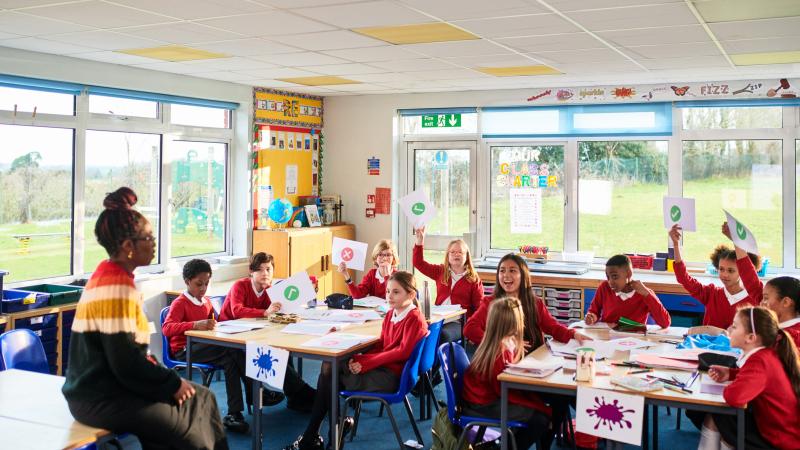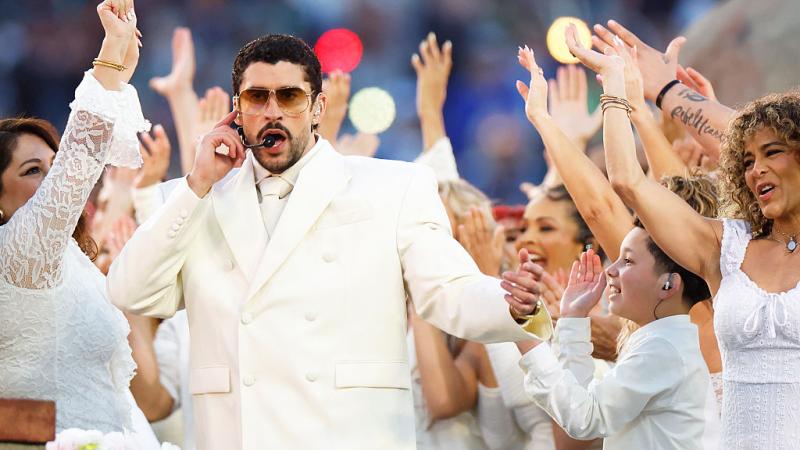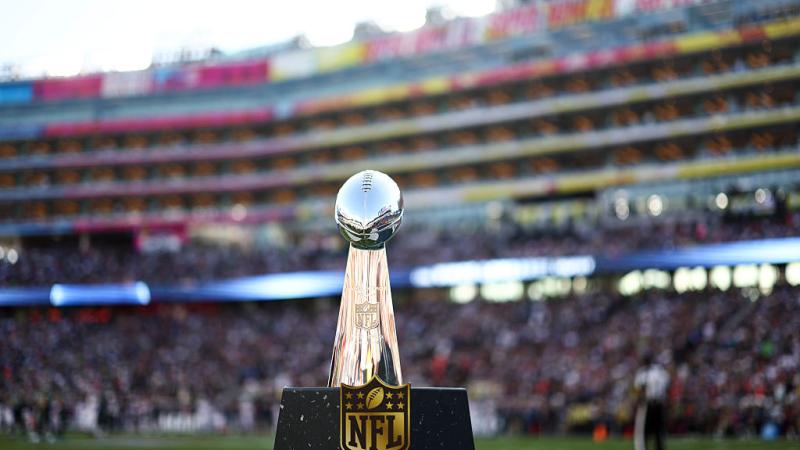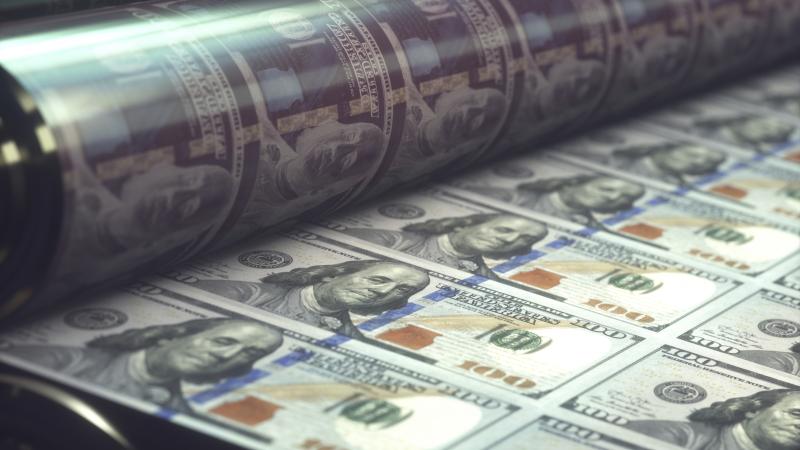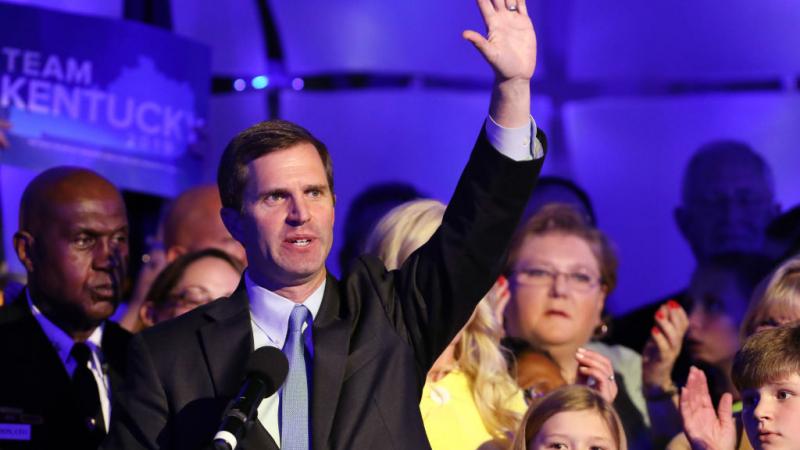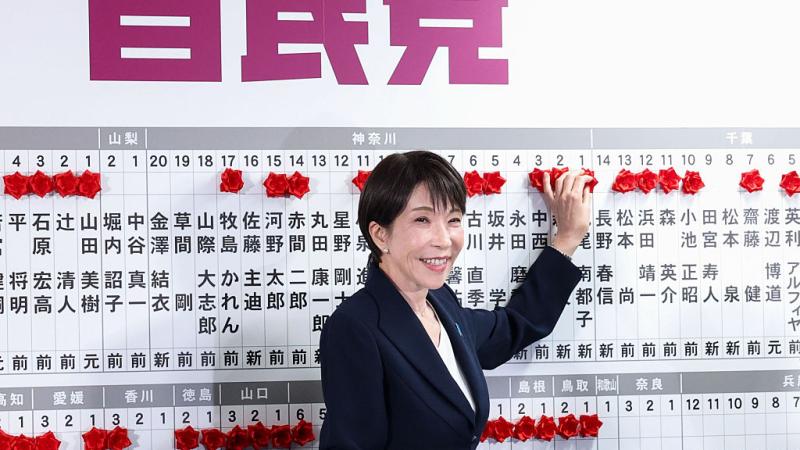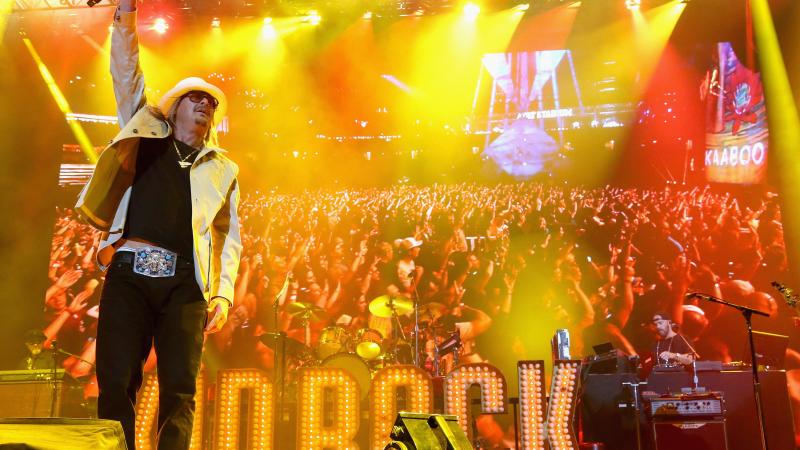Kansas governor under fire for not sending aid to help Texas, Arizona enforce southern border
Democratic Gov. Laura Kelly snubbed the border security summit of 11 Republican governors in Mission, Texas last week and has dismissed border states' request for law enforcement assistance as "political games."
At a border summit event in Mission, Texas, last week, National Border Patrol Council President Brandon Judd said it "would have been nice" if Democratic governors visited Texas to see for themselves the crisis at the southern border. The Democratic governor Kansas has been under fire by state lawmakers for not doing so, even after it was revealed that national guard troops from her state were at the border but not because of an order she gave.
Twenty-six Republican U.S. governors have called on President Joe Biden to secure the border but have received no response. Their request came after record numbers of people have entered the U.S. illegally, bringing with them increased crime, human and drug smuggling.
Since March, Texas Gov. Greg Abbott has sounded the alarm about the amount of fentanyl being brought into the state since Biden took office. Texas DPS this year has already confiscated enough fentanyl to kill every person in the U.S., he said.
Seeing a rise in crime and drug overdoses in their state several months ago, Kansas lawmakers called on Gov. Laura Kelly to provide aid in response to requests made by Abbott and Arizona Gov. Doug Ducey.
On June 10, the Republican border state governors announced an interstate Emergency Management Assistance Compact and requested aid from all governors to "send all available law-enforcement resources to the border in defense of our sovereignty and territorial integrity."
Securing the border was the federal government's job, they argued, which the Biden administration had abdicated, leaving the burden on states to protect their residents and U.S. citizens.
Kelly initially said the request for aid was "political games." But her colleagues began calling on her to help, citing increased crime in their state as a result of increased illegal immigration. By June 29, Kansas Rep. Ron Estes and his colleagues called on Kelly to respond to the compact. They cited multiple crimes allegedly committed by migrants in Kansas, including violent and drug-related crimes. They also pointed to the massive influx of fentanyl and the spread of the coronavirus as a result of DHS policies.
In September, Kansas Attorney General Derek Schmidt, who is running for governor, called on Kelly to respond to the border crisis, along with state Senate President Ty Masterson and state Speaker of the House Ron Ryckman. They maintain that supporting the interstate compact is an "appropriate and lawful" use of Kansas resources.
"As the state's chief law enforcement official and leaders of the Kansas Legislature, we do not think this situation is a 'political game,'" they wrote in a letter to Kelly. "It is prudent to help the border states stop transnational criminals before they reach Kansas and can cause harm in our communities and to our citizens."
"When the federal government fails to secure the border, it becomes critically important that criminal activity entering the United States be intercepted and contained as close to the border as possible," Schmidt said in a statement. "There can be no question it is in the interest of public safety in our Kansas communities that the border be secured and that criminal activity enabled by illegal border crossings be contained as far from Kansas as possible."
While Kelly has remained steadfast in not providing support, her spokesperson told KSNT News 4 that 250 out of Kansas' 5,200 Kansas National Guard troops had been sent to the southern border to provide assistance since October of last year.
In a statement to KSNT News 4, spokesperson Sam Coleman said: "The state of Kansas has had nearly 250 Kansas National Guard Soldiers deployed to the border since October 2020 supporting Customs and Border Protection. Both Republicans and Democrats in Washington have failed to address the problems within our immigration system for decades. We need true reform in a way that protects the border and allows us to continue to grow our economy here in Kansas, not publicity stunts that use our service members as political props."
But Kansas troops, according to a video announcement by Brig. Gen. Anthony Mohatt, were deployed by the Trump administration last October to serve a year-long mission at the southern border. The operation ends this month and has nothing to do with the requests made by Abbott and Ducey.
A report by the Kansas City Star noted that Kelly made announcements about deploying troops "to Louisiana for hurricane response and within Kansas in response to the COVID-19 pandemic" but did not do so about deployments to the border.
Kansas GOP Chair Mike Kuckelman argues the issue is one of national and state security. "We're setting records for people coming across illegally into our country," he told KSNT News. "People who we don't know who they are, we don't know their status, we don't know their criminal status, we don't know their vaccination status, we don't know their COVID status."
Kelly's office has not said if she plans to extend the Kansas National Guard's mission at the border past this month.



